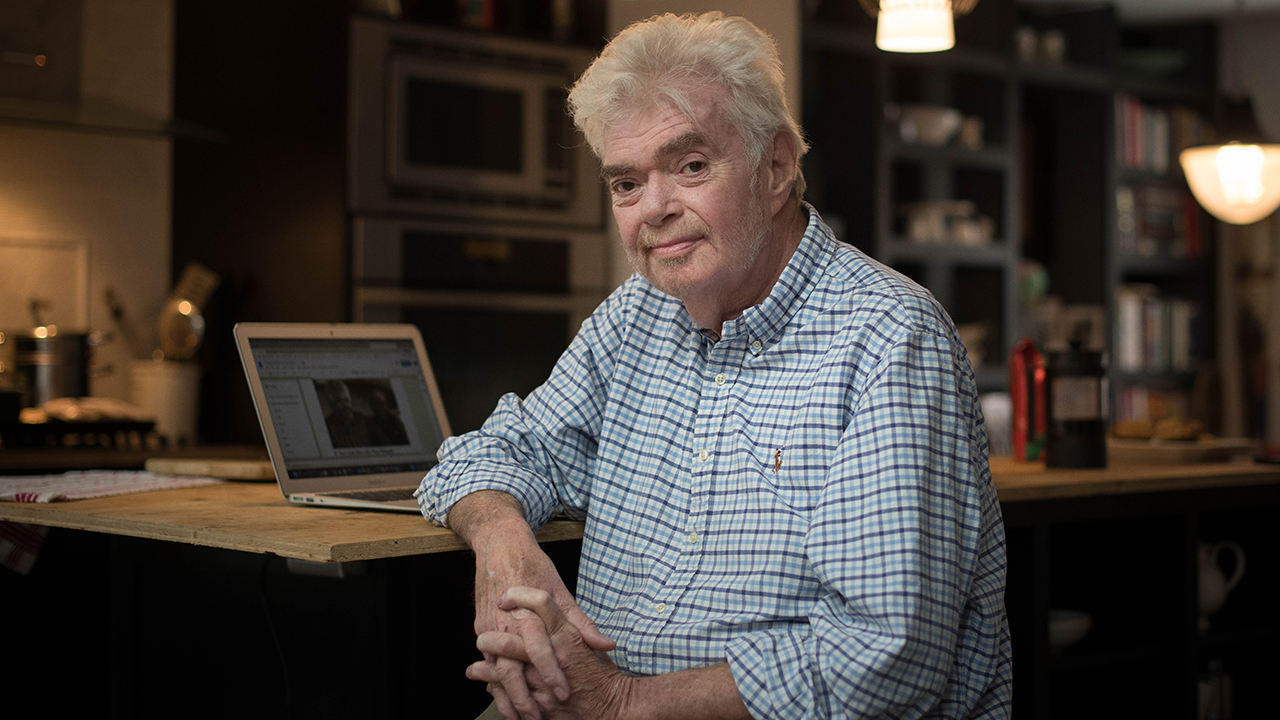Brain surgery for alcohol use disorder: patient in North American first trial shares his story
One year after undergoing brain surgery to battle alcohol use disorder (AUD), the first patient to participate in a ground-breaking North American first trial is speaking out about his experience.
“I hope that sharing my story will help destigmatize the conversation about alcohol use disorder, as well as improve the science and understanding around it,” says Dr. Frank Plummer, a world-renowned researcher, best known for his leadership and work in Kenya during the HIV/AIDS epidemic.
AUD occurs when an individual is unable to control how much alcohol they consume. AUD affects approximately nine percent of North Americans, according to the National Epidemiologic Survey on Alcohol and Related Conditions-III. Conventional treatments include detoxification, psychotherapy, and medication. The rate of relapse is 75%.
In December 2018, Dr. Plummer was the inaugural patient in the first trial in North America to investigate deep brain stimulation for treatment-resistant alcohol use disorder (AUD), at Sunnybrook Health Sciences Centre. Frank now reports that he is drinking less and in moderation.
Currently, Sunnybrook is the only centre in the world actively performing DBS for AUD. The study is investigating the safety of DBS for treatment-resistant chronic alcohol dependence.
DBS can be explained as a type of pacemaker for the brain. The neurosurgery involves implanting electrodes to stimulate circuits of the brain where there is abnormal activity. For AUD, researchers are targeting an area of the brain called the nucleus accumbens which plays a role in addiction and managing alcohol cravings, as well as mood and anxiety.
“Despite advances in AUD interventions in the last half century, we have a long way to go in developing direct-to-brain treatments that make a significant impact on outcomes,” says Dr. Nir Lipsman, director of Sunnybrook’s Harquail Centre for Neuromodulation. “We are so grateful to Frank and other study participants. We hope that our DBS study will advance our understanding of AUD and other addiction disorders as we work towards developing innovative treatment options for patients with these challenging and disabling conditions.”
“By directly targeting dysfunctional ‘wiring’ in the brain, the hope is to influence these circuits to a healthier state,” explains Dr. Benjamin Davidson, study co-investigator and surgical resident at Sunnybrook. “In Frank’s case, we saw significant improvements in mood and alcohol consumption. The nucleus accumbens is not only an addiction-related area of the brain but also involved in mood, anxiety and depression. Helping to relieve symptoms may have helped play a role in his progress.”
“Before the surgery, I was waiting to die. Now, I plan to live to finish my book, see the development of an HIV vaccine and watch my kids, stepkids and grandson flourish,” says Frank. “I spend my days happily and productively and truly enjoying life for the first time in many years.”
A total of six participants will be enrolled in the study. For more information on trial eligibility please contact Sachie Sharma at harquailcentre@sunnybrook.ca
For more information about deep brain stimulation: sunnybrook.ca/DBS »
Media inquiries:
Jennifer Palisoc
Communications Advisor
416-480-4040
jennifer.palisoc@sunnybrook.ca






